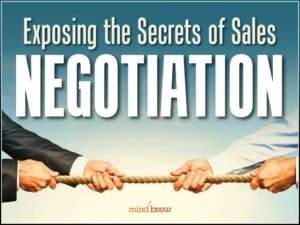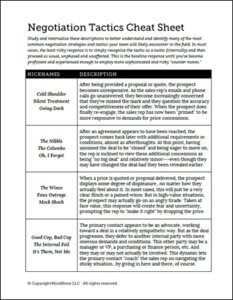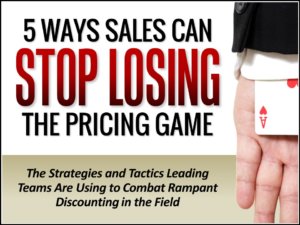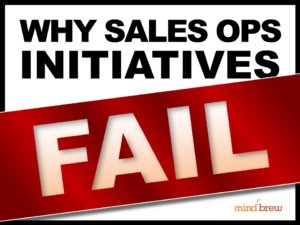In the midst of a major crisis, the pressure to discount tends to ratchet way up. And virtually everyone you negotiate with will point to the crisis as a rationale for the price concessions they’re seeking…customers, prospects, and even your own salespeople!
Of course, in some cases…maybe even many cases…this rationale will be accurate. After all, it’s certainly true that in times of crisis and the resultant financial uncertainty, many companies will indeed freeze discretionary spending, slash established budgets, increase purchasing hurdles, and so on.
But here’s the thing: It won’t always be true.
Whoa!! What?!?!? Buyers would use a crisis as a ploy to get price concessions? That’s crazy! That’s wrong! That’s unethical! Yeah, yeah…maybe so…but it’s also reality.
So, what should you do?
In the “Secrets of Sales Negotiation” webinar, we highlight the costly skills gap between buyers and sellers in the area of negotiation. We expose a number of sneaky tactics and tricks buyers use to get sellers to acquiesce to their discounting demands. And we even provide a handy downloadable “cheat sheet” to help you recognize these tactics in action.
Along the way, we also discuss this important rule of thumb:
“In any negotiation process, it’s a good idea to assume…or at least suspect…that absolutely everything you’re hearing and seeing is part of a negotiation strategy or tactic…until proven otherwise.”
To some, this rule may seem overly cynical or maybe even paranoid. But once you understand just how shrewd, methodical, and creative today’s professional buyers can actually be, you’ll see that this rule is simply prudent.
And once you realize that the ethical considerations of the negotiation “game” are often quite different between buyers and sellers, you’ll see why it’s unwise to suspend this rule of thumb for any reason…even a crisis.
Now, I’m certainly not suggesting that you take an openly skeptical or accusatory stance with your customers and prospects. But I am suggesting that you not take every crisis-related claim on blind faith.
As with any other claim, rationale, objection, or excuse, you need to figure out which bucket it really fits into:
- Valid and Critical—It’s a real issue or circumstance that truly limits the buyer’s discretion and affects the ultimate buying decision.
- Valid but Not Critical — Aspects of the issue are real, but they don’t really constrain the buyer or play a big role in the buying decision.
- Not Really Valid — It’s merely cited as a convenient or timely “fake because” to make you more pliable and open to making concessions.
Once you’ve taken a breath and assessed the true weight of the claims being made…rather than taking them at face value…you’re in a much better position to develop an effective response or counter. And as we point out in the webinar session, sometimes the best response is no response at all—i.e. just letting the claims go by and carrying on as usual, unaffected.














